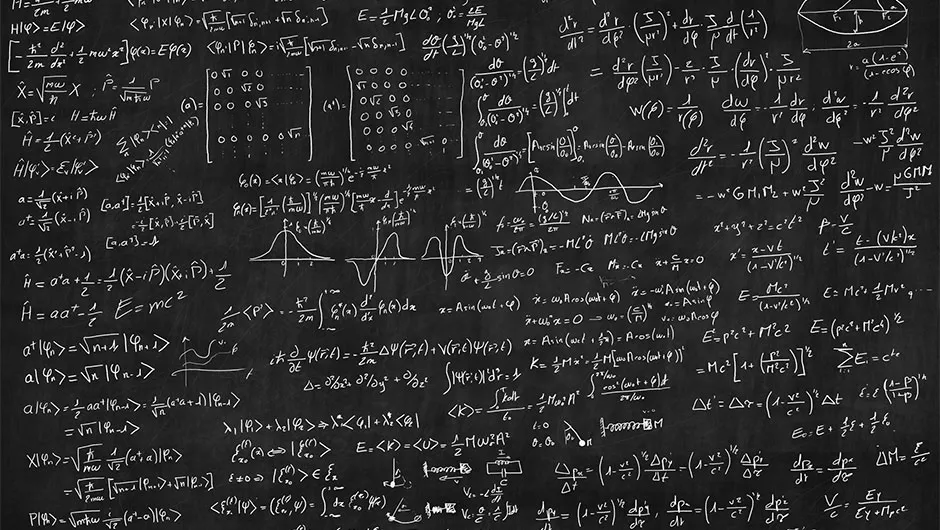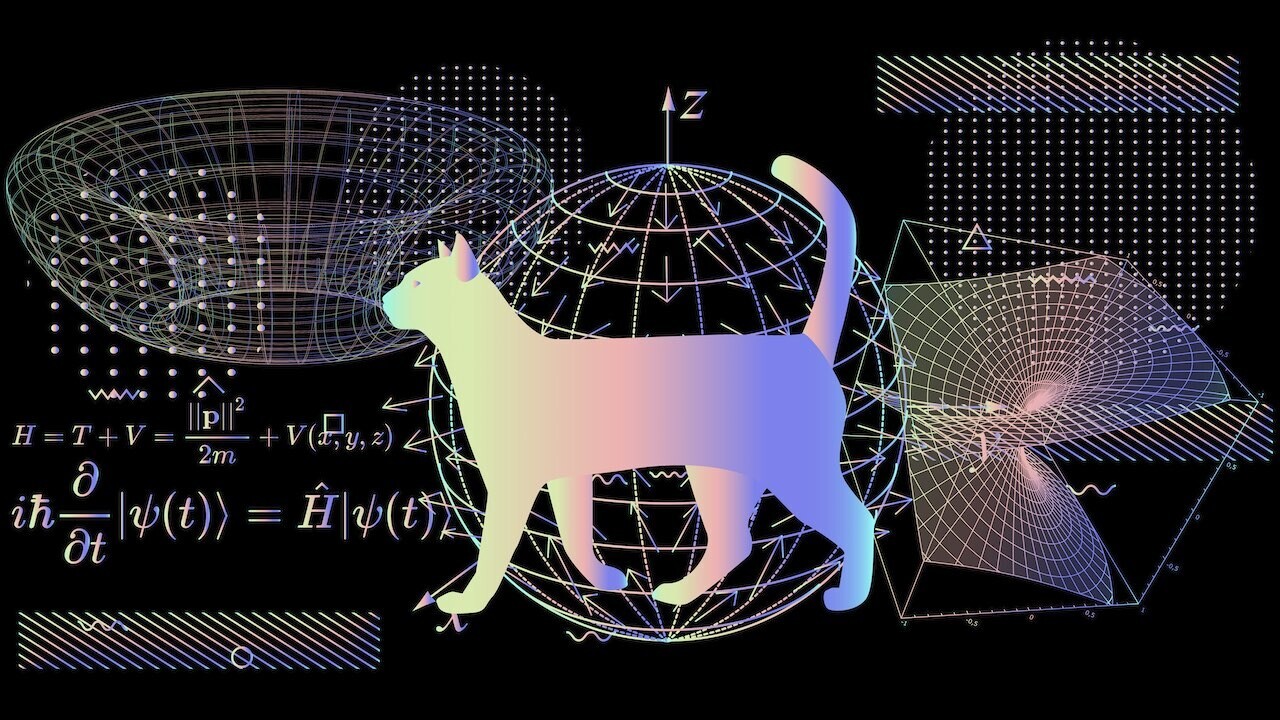
Quantum Mechanics
Quantum mechanics is the branch of physics that studies the behavior of very small particles, like electrons and photons. It shows that these particles can act in strange ways, such as being in multiple states at once or influencing each other instantly over distances. This theory helps us understand and develop technologies like lasers and computers.
Back Home
When was it birthed
Quantum mechanics helps us understand how very small particles, such as electrons and photons, behave differently from what we see in everyday life. Unlike classical physics, which describes things in clear, predictable ways, quantum mechanics reveals that particles can exist in multiple states at once (superposition) and can become connected in ways that instantaneously affect each other no matter the distance (entanglement). This theory explains complex phenomena like why atoms emit specific colors of light and how particles can act like both waves and particles, fundamentally changing our view of how the universe works at its most basic level.

How can it help?
Quantum mechanics helps us create and improve technologies like smartphones, lasers, and MRI machines, making everyday devices more powerful and medical imaging more precise. It also helps scientists design new materials and explore exciting possibilities like quantum computers, which could solve complex problems faster than today's computers. Overall, it deepens our understanding of how the universe works at a tiny scale, leading to new discoveries and innovations.

What does Quantum even mean?
A quantum is the smallest discrete unit of energy or matter that can exist. Quantum mechanics is the branch of physics that explores how these tiny units behave. It describes phenomena such as particles being in multiple states at once and instant connections over distances. This theory helps us understand and predict the behavior of particles at the atomic and subatomic levels.
Recap
What is Quantum Mechanics?
Quantum mechanics explains how tiny particles behave in unpredictable ways.
Who discovered it?
Max Planck, Albert Einstein, Niels Bohr, Heisenberg, Schrödinger, Dirac—1920s.
How can it help us?
Quantum mechanics helps us make new technologies and understand the universe better.